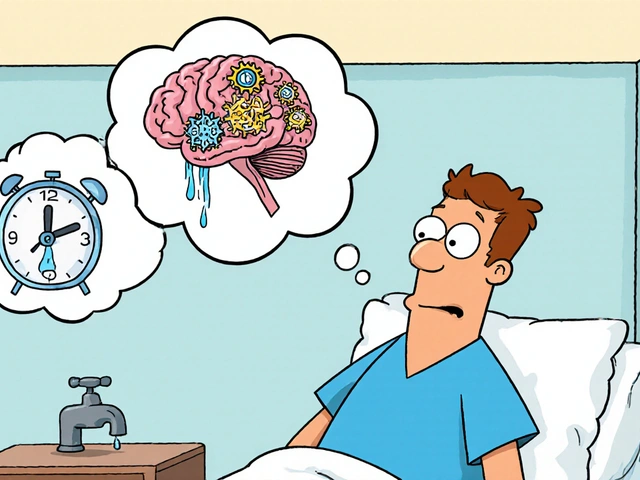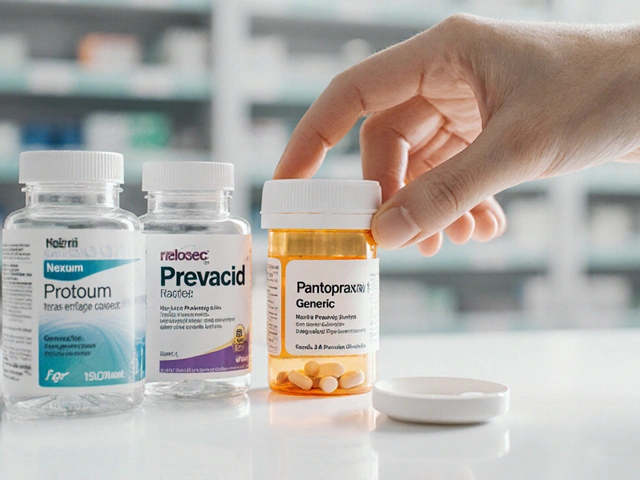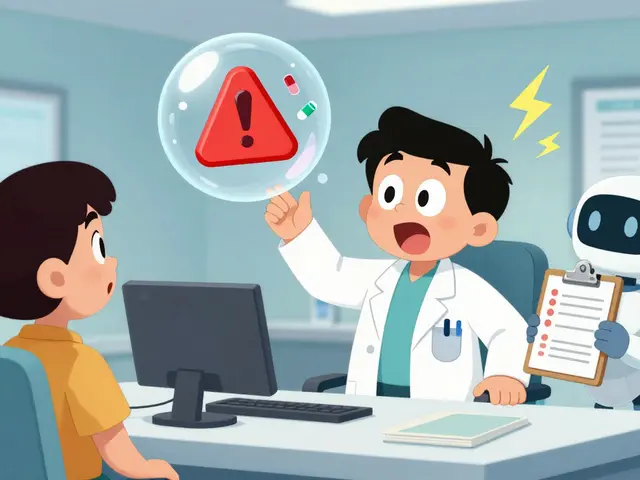Hypertension – Simple Guides to Manage Your Blood Pressure
If you’ve heard the term “high blood pressure” and wonder what it really means, you’re in the right place. Hypertension is a common condition where your heart works harder than it should, which can lead to serious health problems if ignored. The good news? Small changes and the right information can keep it under control.
On this page you’ll find short articles that break down everything from what causes pressure spikes to how everyday habits affect your numbers. We’ve gathered practical advice so you don’t have to sift through medical jargon or endless forums.
Understanding the Basics
First, know the numbers: systolic (the top) measures pressure when your heart beats, while diastolic (the bottom) shows pressure between beats. A reading of 120/80 mmHg is considered normal. Anything consistently above 130/80 mmHg falls into the hypertension range.
Why does it happen? Genetics play a role, but diet, weight, stress and lack of activity are big contributors. Even too much salt or caffeine can push your pressure up for a while. Recognizing these triggers helps you plan smarter.
Practical Steps to Lower Pressure
Start with food: swap processed snacks for fresh fruits, veggies and whole grains. Aim for less than 1,500 mg of sodium each day—think of seasoning with herbs instead of salt. Staying hydrated also supports healthy vessels.
Move a little every day. You don’t need marathon training; a brisk 30‑minute walk, bike ride or even house chores can lower systolic numbers by a few points. Consistency beats intensity for most people.
If you smoke, quitting is a game‑changer. Nicotine narrows blood vessels, raising pressure instantly. Even cutting back on alcohol to moderate levels (up to one drink per day for women, two for men) can make a difference.
Medication isn’t optional for everyone, but when doctors prescribe it, taking the drug exactly as directed matters. Our articles explain common hypertension meds—like ACE inhibitors and beta‑blockers—in plain language so you know what to expect.
Stress management rounds out the toolkit. Simple breathing exercises, short meditation sessions or a hobby you enjoy can calm the nervous system and keep your numbers steadier.
All of these tips are covered in more detail across the posts linked below. Browse titles that mention “blood pressure diet,” “exercise for hypertension” or “understanding blood pressure meds” to jump straight to what matters most to you.
Remember, controlling hypertension isn’t about a single miracle cure—it’s about building habits that add up over weeks and months. Use the guides here as a roadmap, track your progress, and talk to your doctor about any changes.
Ready to take charge? Start with one small habit today—maybe swapping salty chips for an apple—and watch how it impacts your health. Keep coming back for new advice as you move forward on your blood‑pressure journey.




